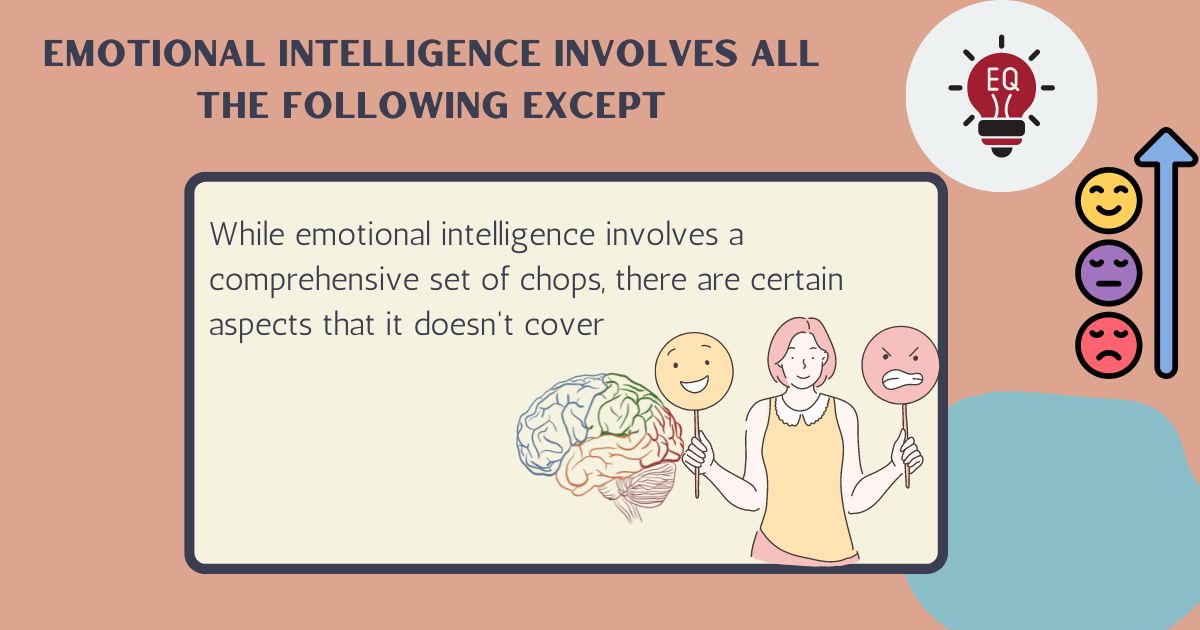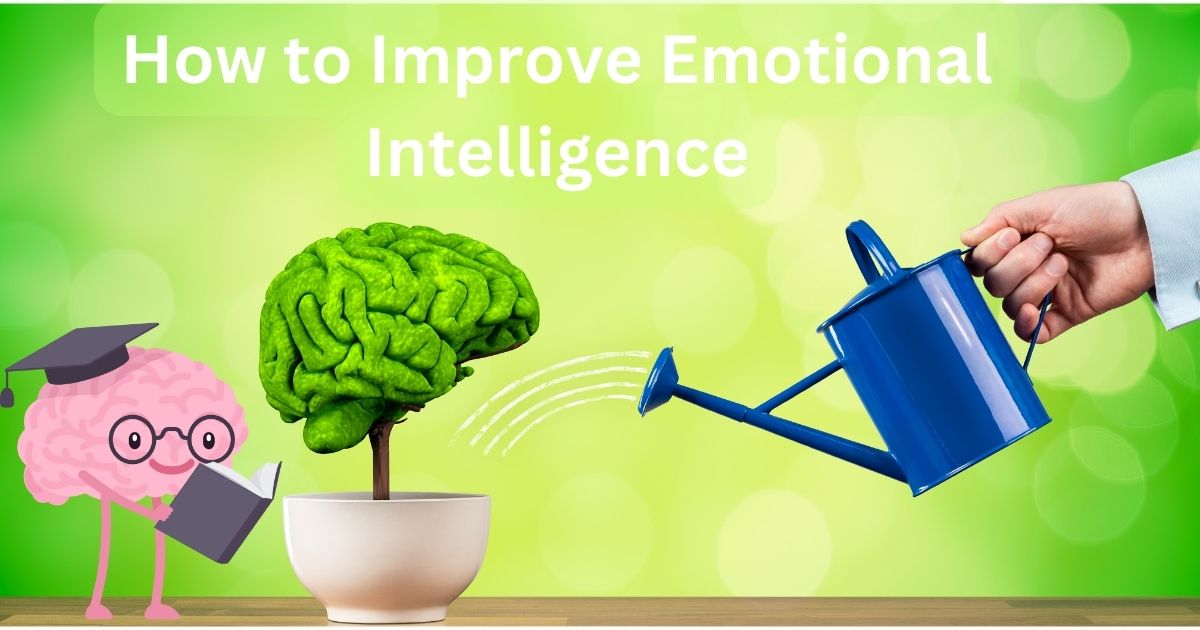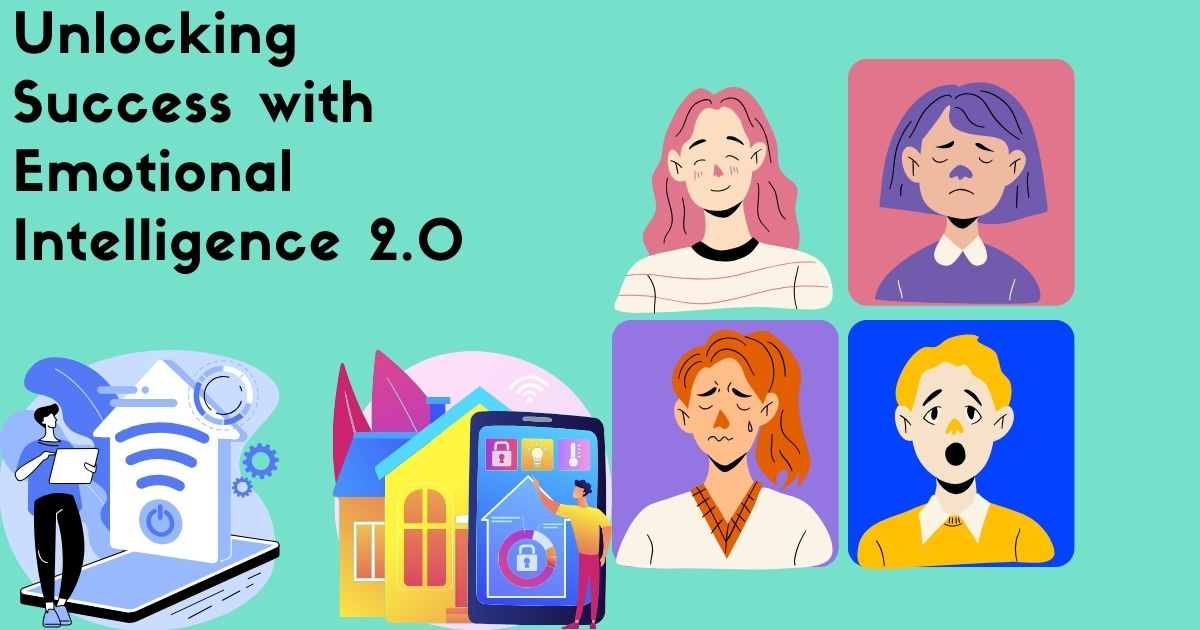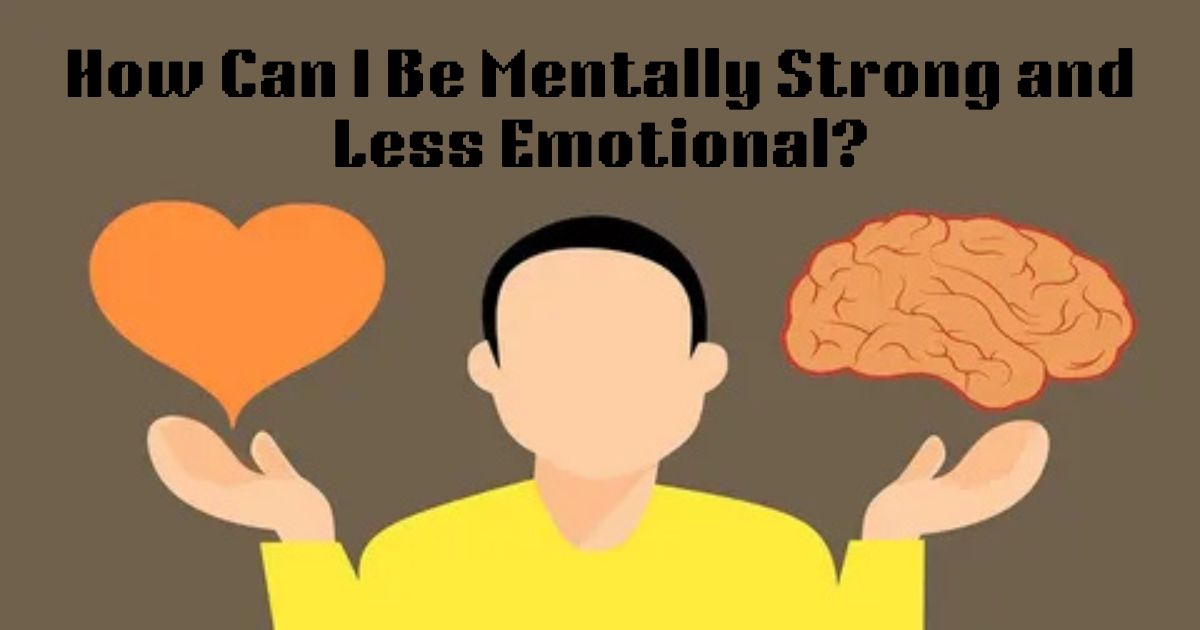Introduction:
Emotional Intelligence Involves All the Following Except: An In-Depth Guide
Emotional Intelligence(EI) has ended up a vital angle of both individual and proficient victory. It includes an extent of aptitudes and properties that empower people to explore social complexities and make educated choices. In any case, when we examine passionate insights, it’s basic to get it what it envelops and what it does not. This article will dig into the complexities of passionate insights, highlighting the key components and clarifying common misinterpretations.
What is Emotional Intelligence?
Emotional Intelligence, regularly shortened as EI or EQ (Passionate Remainder), alludes to the capacity to recognize, get it, oversee, and utilize feelings successfully. This incorporates one’s claim feelings as well as those of others. Passionate insights is significant in building solid connections, making choices, and dealing with stretch.
It is commonly separated into five key components:
Self-awareness
Self-regulation
Motivation
Empathy
Social skills
These components work together to enhance interpersonal interactions and personal well-being.
Components of Emotional Intelligence
Self-Awareness:
Tone- mindfulness is the foundation of emotional intelligence. It involves feting and understanding one’s own feelings, strengths, sins, and values. A tone- apprehensive person can directly assess their feelings and their impact on others. This tone-knowledge helps in making better opinions and managing one’s in different situations.
Self-Regulation:
Self-Regulation refers to the capability to control and manage one’s feelings, especially in stressful or grueling situations. It involves staying calm, managing impulses, and conforming to changes. People who exceed in Self-Regulation are known for their adaptability and capability to remain composed under pressure.
Motivation:
Inspiration in the setting of enthusiastic insights is almost having a enthusiasm for work that goes past cash and status. It includes being driven to accomplish for the purpose of accomplishment itself. People with tall enthusiastic insights are more often than not hopeful and have a solid drive to meet their objectives.
Empathy:
Empathy is the capability to understand and partake the passions of others. It involves being apprehensive of others ’ feelings, requirements, and enterprises. Compassionate individualizes are good at erecting fellowship and nurturing connections, as they can tune into what others are passing.
Social Skills:
Social skills envelop a run of capacities that encourage viable communication and relationship-building. This incorporates abilities like dynamic tuning in, verbal and non-verbal communication, strife determination, and participation. Individuals with solid social aptitudes are frequently amazing pioneers and group players.
Emotional Intelligence Involves All the Following Except..
While emotional intelligence involves a comprehensive set of chops, there are certain aspects that it doesn’t cover. It’s pivotal to distinguish between what’s and isn’t part of emotional intelligence to avoid confusion. Then are some areas that are frequently incorrect for factors of emotional intelligence but aren’t included alike.
Cognitive Intelligence:
Cognitive intelligence (Command) is about intellectual capacities similar as sense, logic, problem-working, and logical chops. While cognitive intelligence and emotional intelligence can round each other, they’re distinct constructs. Emotional intelligence doesn’t involve cognitive capacities like fine logic or verbal chops.
Personality Traits:
Personality traits are enduring characteristics that describe an individual’s behavior. Traits like extroversion, openness, and conscientiousness are part of one’s personality but do not constitute emotional intelligence. While certain traits might influence one’s emotional intelligence, they are not elements of EI itself.
Technical Skills:
Specialized aptitudes are particular capacities related to a specific field or calling, such as programming, bookkeeping, or building. These abilities are crucial for work execution, but are not a portion of Emotional Intelligences. Passionate insights centers on how we oversee feelings and connections, not on the specialized mastery we have.
Innate Talents:
Intrinsic abilities are common capacities or blessings that a person is born with, such as melodic ability, athletic capacity, or imaginative aptitudes. Whereas these gifts can be profitable, they do not drop beneath the space of emotional intelligence. EI is almost learned behaviors and aptitudes, or maybe than intrinsic capacities.
Memory:
Memory, the capacity to store and review data, is a cognitive work and is not a portion of emotional intelligence. Whereas great memory can help in learning and holding data, it does not specifically relate to the aptitudes included by passionate insights.
The Importance of Emotional Intelligence
Understanding what emotional intelligence involves and what it does not is crucial for personal development and professional success.
Here’s why emotional intelligence matters:
Enhances Communication
Individuals with tall enthusiastic insights are way better communicators. They can express their considerations clearly, tune in effectively, and react fittingly to others’ feelings. This leads to more successful and important intelligent.
Improves Relationships:
Emotional Intelligence (EQ)make a difference in building and keeping up solid connections. By understanding and overseeing their claim feelings and empathizing with others, people can make more profound and more trusting connections.
Boosts Proficient Success:
In the working environment, passionate insights contributes to administration, cooperation, and strife determination. Managers esteem workers who can oversee their feelings, work well with others, and explore social complexities.
Aids in Stress Management:
Emotional Intelligence prepare people with devices to handle stretch and weight viably. By overseeing feelings and remaining calm, individuals can way better adapt with challenges and keep up their well-being.
Promotes Individual Growth:
Self-awareness and self-regulation, center components of enthusiastic insights, energize progressing individual advancement. People who are mindful of their feelings and behaviors can work towards self-improvement and accomplish their goals.
Developing Emotional Intelligence
Improving emotional intelligence is conceivable with hone and devotion. Here are a few techniques to improve your EI:
Practice Self-Reflection:
Regularly take time to reflect on your feelings and behaviors. Get it what triggers certain sentiments and how you can oversee them superior. Journaling can be a supportive device for self-reflection.
Develop Empathy:
Put yourself in others’ shoes and attempt to get it their viewpoints. Hone dynamic tuning in and appear honest to goodness intrigued in others’ encounters. This will offer assistance you construct more grounded, more compassionate connections.
Improve Communication Skills:
Work on your verbal and non-verbal communication skills. Practice active listening, maintain eye contact, and be mindful of your body language. Effective communication is key to emotional intelligence.
Manage Stress:
Learn and practice stress management techniques such as mindfulness, meditation, or deep breathing exercises. Staying calm under pressure is a critical aspect of emotional intelligence.
Seek Feedback:
Ask for feedback from others about your emotional responses and interactions. Constructive feedback can provide valuable insights and help you improve your emotional intelligence.
FAQs For Emotional Intelligence Involves All the Following Except: An In-Depth Guide
What are the key components of emotional intelligence?
The key components of emotional intelligence are self-awareness, self-regulation, inspiration, sympathy, and social skills.
How does emotional intelligence contrast from cognitive intelligence?
Emotional intelligence centers on the capacity to oversee and utilize feelings successfully, whereas cognitive insights (IQ) relates to mental capacities such as thinking, problem-solving, and expository skills.
Can emotional intelligence be improved?
Yes, emotional intelligence can be created and moved forward with hone. Techniques such as self-reflection, compassion advancement, communication expertise upgrade, and push administration can offer assistance to upgrade enthusiastic intelligence.
Why is emotional intelligence vital in the workplace?
Emotional intelligence is imperative in the working environment since it improves communication, moves forward connections, helps in struggle determination, and contributes to viable administration and teamwork.
What does emotional intelligence not involve?
Emotional insights do not include cognitive insights (IQ), identity characteristics, specialized aptitudes, natural abilities, or memory. It centers on passionate and social competencies.
Conclusion
Understanding emotional intelligence and its factors is pivotal for particular and professional growth. By feting what emotional intelligence involves and what it does not, individualizes can concentrate on developing the chops that count most. While emotional intelligence involves all the following except cognitive intelligence, personality traits, specialized chops, ingrain bents, and memory, it remains an important tool for enhancing communication, erecting connections, and achieving success in colorful aspects of life.
By incorporating strategies to ameliorate tone- mindfulness, tone-regulation, provocation, empathy, and social chops, anyone can boost their emotional intelligence and enjoy the benefits it brings. Flash back, emotional intelligence is a trip of nonstop literacy and tone- enhancement, and its impact can be profoundly positive.




